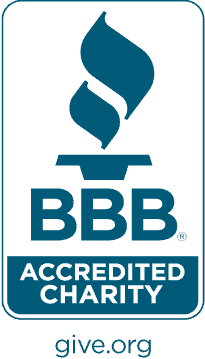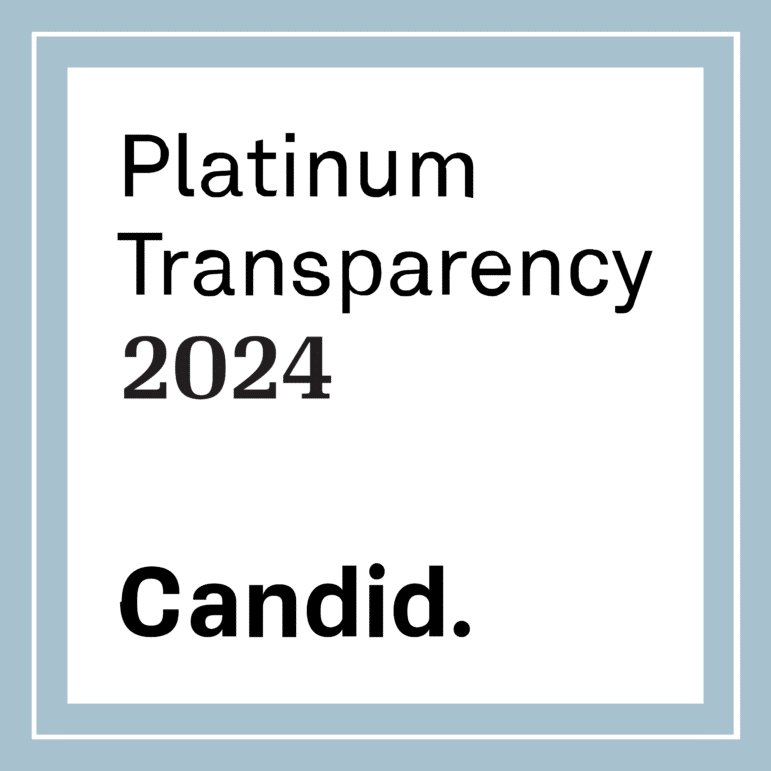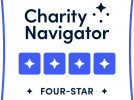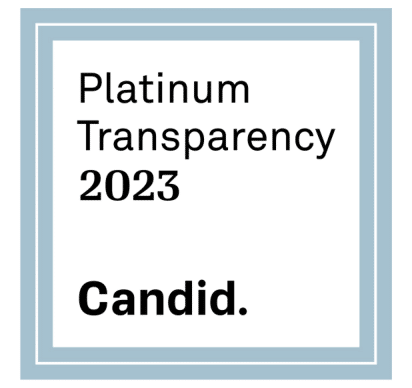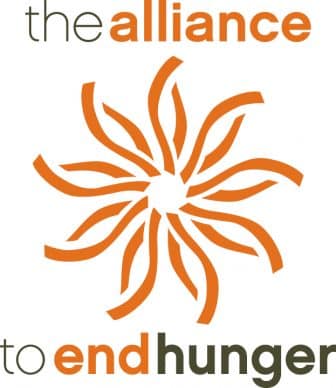RAMADAN MUBARAK FROM THE PENNY APPEAL USA FAMILY!
Ramadan is not just about what you give up. It’s about what you give back. Help someone in their hour of need, and make your Ramadan
truly count.
Make your Ramadan count by giving where it matters MOST!
This Ramadan, make it count by becoming a monthly donor of Penny Appeal USA. Join our sustainable approach to ending
poverty by becoming a part of the sustainable solution!
RELIGIOUS GIVING
The amounts listed below are set by the Fiqh Council of North America
$12 per Family Member
Fitrana is due on every member of a household, including any children or elderly persons before eid prayer.
One Day of Food for $15
For fasts missed through ill health or pregnancy, which cannot be made up afterwards for legitimate reasons, give Fidyah.
30 Meals for $50
If fasts are broken without allowable reasons, and the compensatory two months of fasting is not possible, then give Kaffarah.
FEATURED APPEALS
All of our programs are 100% Zakat eligible!
Automate your giving with MyTenNights.
We’ve partnered with MyTenNights to help you automate your giving during the last ten nights of Ramadan. By automating your donations and zakat, you don’t have to go online every night and donate.
Featured Programs
Learn more about our impactful and Zakat-eligible programs below:

Education First

Feed Our World

Thirst Relief


Emergency Response

Income Generation
Boost your rewards with small yet impactful gifts
10 Meals for $15
Provide life-saving, nutritious meals to families in need for $45 per month. Your food pack is
Hygiene Pack for $100
Give 2 hygiene kits to families impacted by the COVID-19 Outbreak, famine, war, and other disasters.

A Water Well for $425
Show someone you love how much you care by building a well in their honor
Other Religious Giving
FIDYAH
One Day of Food for $10
For fasts missed through ill health or pregnancy, which cannot be made up afterwards for legitimate reasons, give Fidyah.
KAFFARAH
30 Meals for $45
If fasts are broken without allowable reasons, and the compensatory two months of fasting is not possible, then give Kaffarah.
FITRANA / ZAKAT AL-FITR
$10 per Family Member
Fitrana is due on every member of a household, including any children or elderly persons before eid prayer.
All of our programs are Zakat-Eligible.
Your Zakat fuels change. At Penny Appeal USA, all of our programs are zakat-eligible. That means your zakat can bring nutritious meals to families, sponsor an orphan, provide a well, and more!
Our Impact
Latest Reports

2021 Quarter 2 Report

Five Year Anniversary Report




